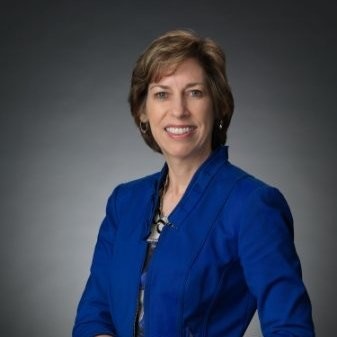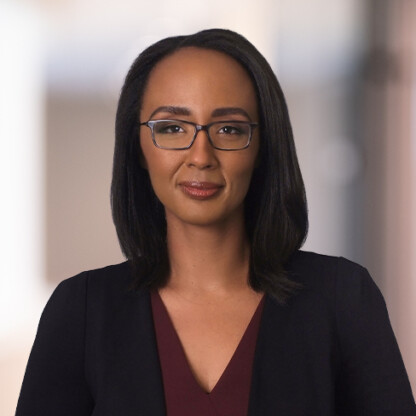Foley Women’s History Month Program: An Afternoon With Astronaut Dr. Ellen Ochoa

In celebration of Women’s History Month, Foley & Lardner hosted a firmwide virtual program on March 25 featuring Dr. Ellen Ochoa — the first Latina in space — who has charted an inspirational career path from her early days as a researcher, to her four missions as an astronaut, to heading up NASA’s Johnson Space Center.
Boston partner Kate Beattie, chair of the Foley’s National Women’s Network, introduced Ochoa “as a real STEM superstar.” In addition to her many accomplishments with the Space Shuttle and International Space Station programs, Dr. Ochoa is the author of bilingual children’s books on science and engineering, has eight schools named after her, and is a Fellow of the American Institute of Aeronautics and Astronautics and the National Academy of Inventors.
Despite her many accomplishments, Ochoa says the biggest role she’s played is in mentoring and advocating for the next generation of “astronauts and scholars, who will go on to accomplish more than we can imagine.” Her presentation to Foley highlighted three key insights from her own career journey that she passes on to those she mentors: keep an open mind, seek mentorship, and advocate for yourself.
Keep an Open Mind: “I was 11 when Apollo 11 landed on the moon, and no one at that time would have asked a girl if she wanted to become a scientist much less an astronaut,” Ochoa said. She didn’t have a career path when she started college, but after completing the calculus series a professor steered her toward her eventual major in physics. She took a job as a researcher at Los Alamos working for one of its few women staff members. As a grad student at Stanford, the launch of the first Space Shuttle — built as a lab in space — really caught her eye. Two years later, Sally Ride went into space. “These things coming together gave me the idea that this was something I could do.”
Seek Mentorship: Throughout her career, Ochoa benefited from the guidance of mentors who helped shape her decisions and fuel her passion for space travel and research. She credits much of her success to the people who encouraged her and gave her constructive feedback along the way. She advises those she mentors to find their supporters who can help them stay focused on their goals and offer a sounding board when they’re feeling self-doubt.
“You need to find the people who know you, your team, your supporters, and listen to them,” she said. “Then follow a process of manageable steps that “can lead to something incredibly exciting.”
Advocate for Yourself: Ochoa’s first applications to join NASA’s astronaut program were unsuccessful, she told program attendees, so she got her pilot’s license to make herself a more competitive candidate. As deputy director of Johnson Space Center with the director preparing to retire, Ochoa said she was not immediately considered a candidate for the director role and realized she needed to express her interest. When she was promoted to that role, she made it her mission to take care of and advocate for her people. She started an innovation and inclusion counsel, moved to a panel approach to promotions, and looked for opportunities for people to be acting supervisors. “We needed all the brightest minds for NASA to succeed.”
As we conclude our 2025 celebration of Women’s History Month, Ochoa’s advice offers a roadmap for building inclusive, supportive, and high-performing teams. “You don’t need a title to lead. It’s about how you support others, how you share your knowledge, and how you help others succeed.” Follow the link to learn more about Diversity, Equity, & Inclusion at the firm.
